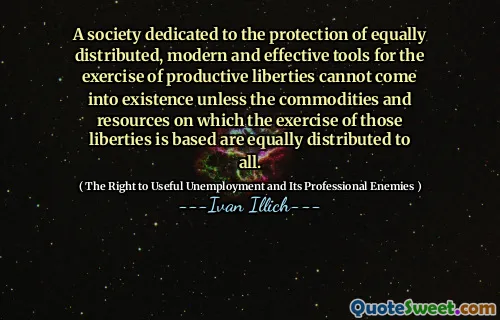"The Right to Useful Unemployment and Its Professional Enemies" is a thought-provoking work that delves into the nature of work, unemployment, and the societal structures that govern them. The author argues for the legitimate right of individuals to experience unemployment that serves a greater purpose, such as personal development and societal contribution. This perspective challenges traditional views that equate employment solely with economic productivity, suggesting that meaningful unemployment can lead to greater societal benefits.
The book also critiques the societal and professional forces that oppress the idea of useful unemployment. The author highlights how various institutions and societal norms valorize constant productivity and stigmatize unemployment, which can prevent individuals from engaging in non-traditional paths that might be more fulfilling or beneficial. By addressing these professional enemies, the book calls for a reevaluation of how society perceives work and leisure, advocating for a more holistic understanding of human potential.
Overall, this work encourages readers to rethink the value of unemployment in a productive light, presenting it as an opportunity for growth, creativity, and alternative contributions to society. By promoting the idea that being unemployed does not equate to being unproductive, the author advocates for a culture that respects individual journeys and the diverse forms of value they can bring to communities.
More »
Today Birthdays
1729 -
Edmund Burke
1949 -
Haruki Murakami
1954 -
Howard Stern
1876 -
Jack London
1993 -
Zayn Malik
1951 -
Kirstie Alley
1863 -
Swami Vivekananda
1923 -
Alice Miller
1987 -
Naya Rivera
1825 -
Brooke Foss Westcott
1944 -
Joe Frazier
1951 -
Rush Limbaugh
1964 -
Jeff Bezos
1978 -
Jeremy Camp
1628 -
Charles Perrault
1856 -
John Singer Sargent
1970 -
Kaja Foglio
1953 -
Rick Santelli
1986 -
Gemma Arterton
1968 -
Raf Simons
1958 -
Christiane Amanpour
1966 -
Olivier Martinez
1996 -
Ella Henderson
1917 -
Maharishi Mahesh Yogi
1949 -
Ottmar Hitzfeld
1928 -
Ruth Brown
1968 -
Heather Mills
1946 -
George Duke
1968 -
Rachael Harris
1923 -
Ira Hayes
